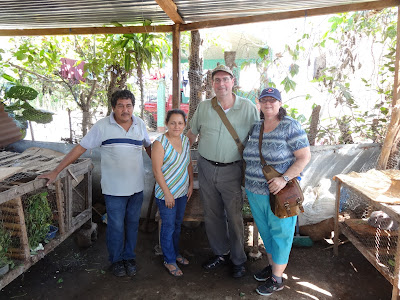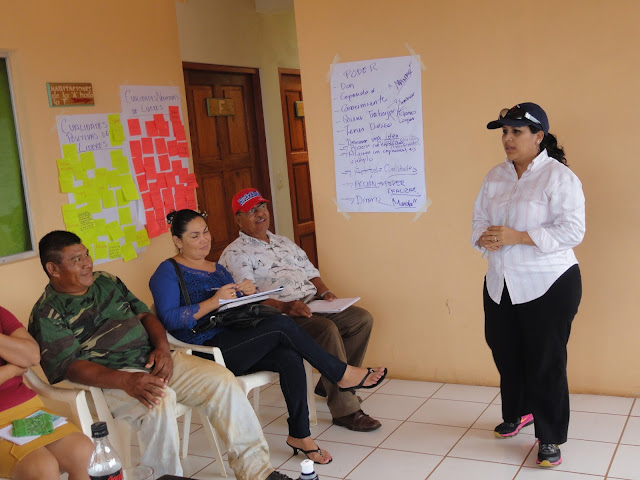F2F Updates from the Field: Robert and Sydne Spencer's Work in Guatemala

F2F volunteers Robert and Sydne Spencer in Chocolá, Guatemala Robert and Sydne Spencer from Tennessee recently traveled to Guatemala from January 24 to February 7 to complete two Farmer-to-Farmer (F2F) assignments on food safety and security in rabbit meat production and nutritional opportunities within rabbit meat processing. Robert's background in small animal production and extensive experience in goat, sheep, and rabbit meat production originally sparked his participation in the Guatemala F2F program in April 2015. As follow-up, his second assignment was to address good handling practices for rabbit meat production. When Robert identified that host organization Seeds for the Future was also in need of a specialist to address food safety and HACCP within rabbit meat processing and preparation, he was quick to recommend his wife, Sydne. Sydne has experience in quality assurance and in meat rabbit and d...





